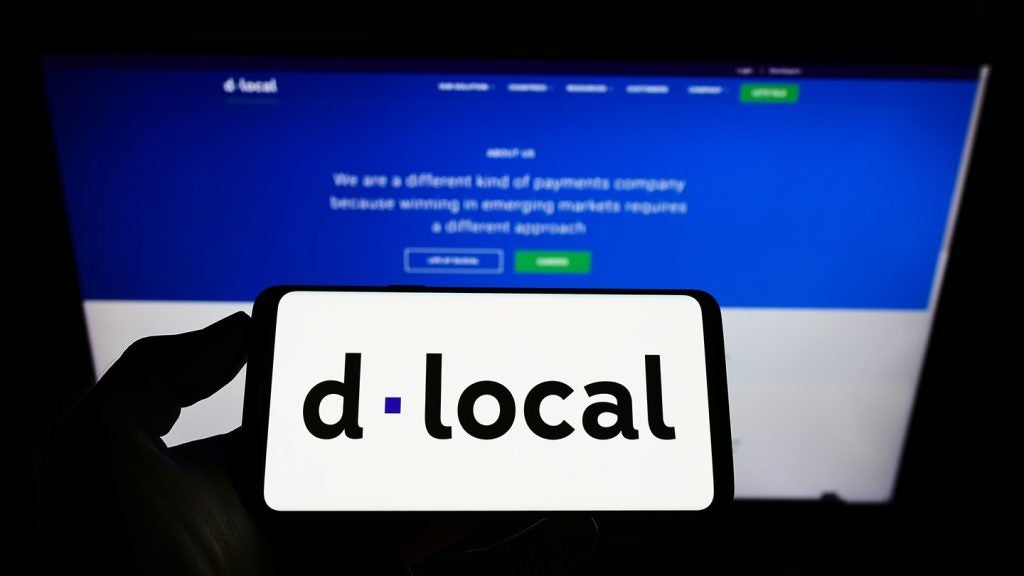have defended the role of interchange fees in the face of criticism
from leading European retailers. In a strongly worded letter to the
European Commission, a consortium of major retailers claimed Visa
and MasterCard debit card systems – V PAY and Maestro, respectively
– were a threat to the success of the Single European Payments
Area. They said the schemes would replace cheaper national debit
schemes and that interchange fees charged by the card associations
were unjustifiable.
But Visa, whose V PAY product has attracted 22 banks in eight
European markets, said the system’s popularity was proof of its
success. A Visa spokesman said: “We think interchange is a
fundamental part of the four-party credit system. Retailers benefit
from electronic payments with our cards, which are cheaper than
using cash or cheques. If you look at the growth of the cards
industry, it has been continuous and strong, which points to the
success of card payments.”
Threat to SEPA benefits
The retailers, including Wal-Mart/Asda, Ikea Carrefour and Tesco,
called for a different system for SEPA, without interchange fees.
They described the replacement of national debit schemes by Maestro
and V PAY as a “major threat” to the benefits of SEPA to consumers
and businesses.
The letter said: “The latter systems [MasterCard and Visa] are, in
most cases, much more expensive than national systems, with no gain
of efficiency, as they are based on the current, flawed interchange
fee mechanism – for which neither MasterCard nor Visa has been able
to provide any justification.”
The letter was organised by the European Round Table, which brings
together senior European retail figures, and EuroCommerce, which
represents European retailers and wholesalers.
How well do you really know your competitors?
Access the most comprehensive Company Profiles on the market, powered by GlobalData. Save hours of research. Gain competitive edge.

Thank you!
Your download email will arrive shortly
Not ready to buy yet? Download a free sample
We are confident about the unique quality of our Company Profiles. However, we want you to make the most beneficial decision for your business, so we offer a free sample that you can download by submitting the below form
By GlobalDataThe retailers also urged the European Commission to rule against
MasterCard in a forthcoming decision on cross-border fees. They
added the EC should also rule against Visa, once Visa’s individual
exemption – which allows it to charge a fixed interchange fee –
runs out at the end of the year.
The decision would also set down a framework for SEPA-compliant
debit cards, they said. But MasterCard said it was working hard
towards SEPA compliance and was looking at expanding the benefits
of the agreement as widely as possible with its existing Maestro
scheme.
A MasterCard spokeswoman said: “We have always supported and will
continue to support an open and competitive European market for
card payments and remain committed to making SEPA a reality.
MasterCard believes that the only way to accomplish this is to
allow open, transparent and efficient four-party payment systems –
which need interchange fees – to compete in the market.”
The attack on interchange fees in Europe comes after a similar
dispute in the US, where MasterCard and Visa have faced scrutiny
from US Congressional lawmakers. Retailers and merchants claim the
fees are a violation of federal antitrust law and cost consumers
over $40 billion a year. They claim Visa and MasterCard are
colluding to set interchange fees in a similar way to a
price-fixing cartel, and that the system lacks transparency (see CI
384).
New European rival
European retailers’ concerns regarding a Visa/MasterCard duopoly
will have been eased slightly by the establishment of a
Belgium-based company by the Euro Alliance of Payment Schemes. A
group of six European card payment schemes is setting up the
business to create a third pan-European card scheme to rival
MasterCard and Visa. (See CI 381.) The service will start in the
countries of existing partners on 1 January 2008, in time for the
deadline for the first-wave implementation of SEPA.
But Visa said it was sceptical of the new rival and was still not
sure how the new system would operate. A Visa spokesman said: “I
think the market will decide which system works best. We’re just
focused on providing the product we have. We think V PAY promotes
more innovation. Any payment scheme which comes into place must
ensure consumer confidence in the product. It has to work.
“We need to see what exactly it does and how it would operate as
there have been a number of announcements but no real details. We
have tested V PAY across all of our 36 markets, near enough. We
have 4 million merchant acceptance locations in place and our plans
are well advanced, so we will wait to see what impact it will
have.”
William Cain







